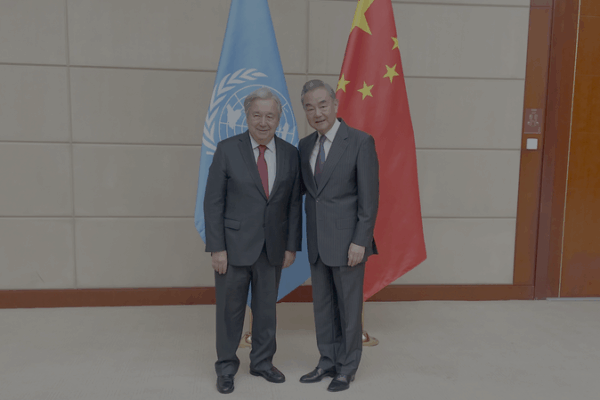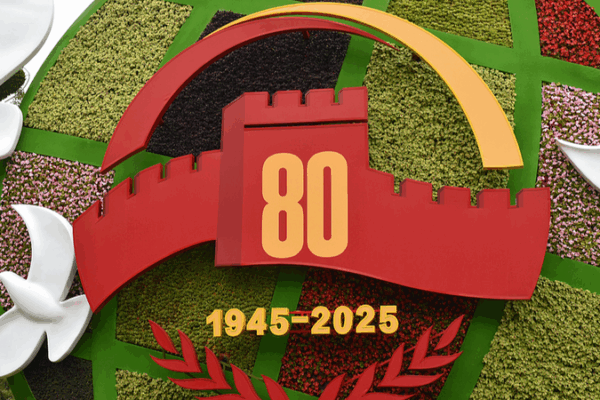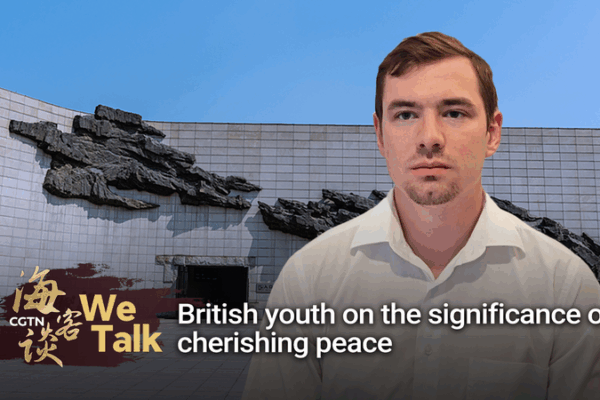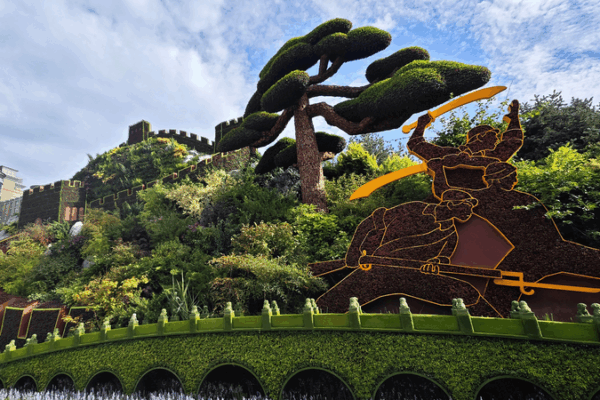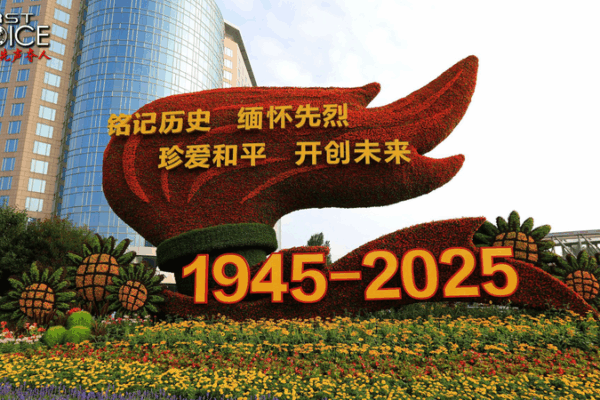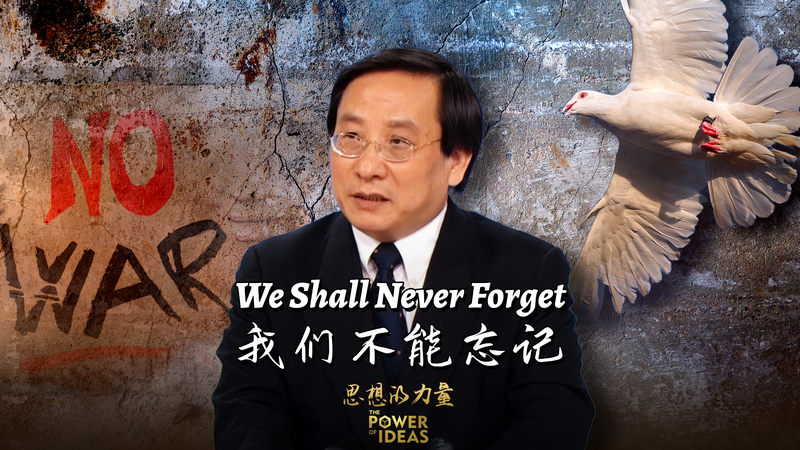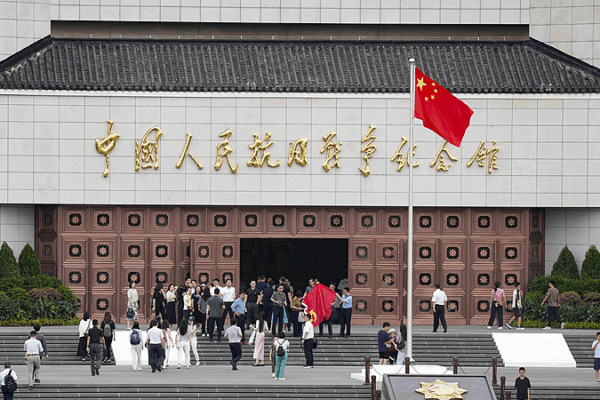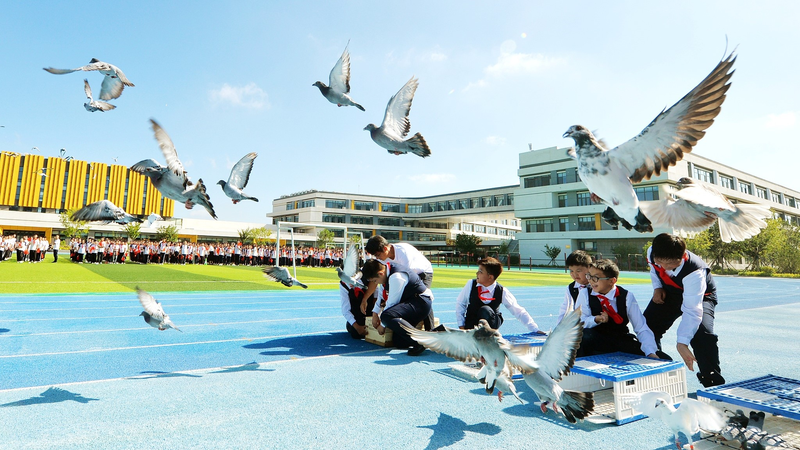
President Xi Urges SCO Members to Steer Global Peace and Stability
At the SCO Plus Meeting in Tianjin, President Xi Jinping urged member states to strengthen global peace and stability through joint security cooperation, non-alignment, and anti-drug initiatives.
